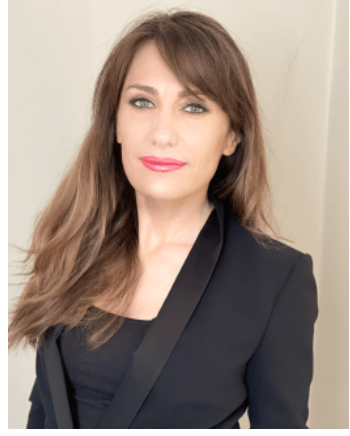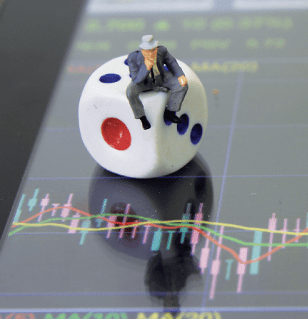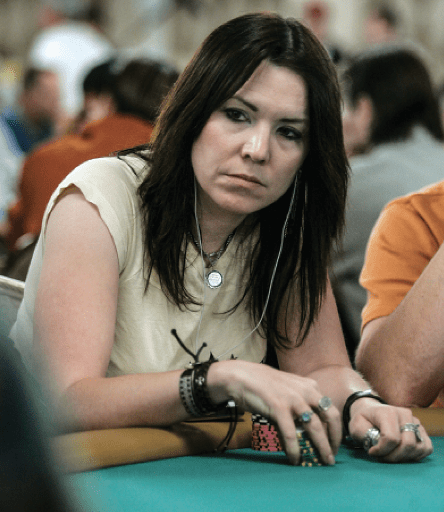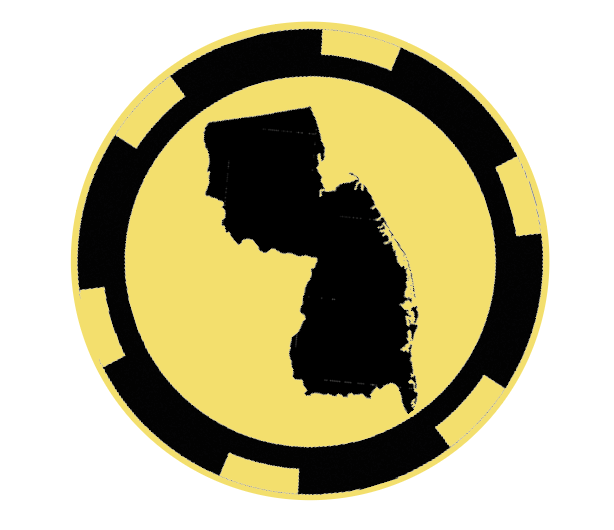Game Theories
Professional poker players Vanessa Selbst and Alexis Zervos both found second careers as hedge fund managers. The sound mathematical reasoning and strong risk management skills they learned at cards have served them well in finance. general manager of Poker Powher Erin Lydon and science and technology writer Alex O’Brien have also found the link between gambling and investing. Luckbox sat down with Lydon and O’Brien to learn more about their journeys between the two disciplines that share so much.

Alex O’Brien, a science and technology writer, is working on a book called The Truth Detective: Practical Tools for Everyday Critical Thinking that’s scheduled for publication in 2022. It’s about the mental upsides of playing poker and will offer strategies for analyzing information. In December, she won $10,000 by beating 1,666 other players in a poker tournament.
What are some of the complexities of poker and how can learning about them help us in other parts of life?
Bluffing is just a tiny element of the game. It has to be part of your arsenal, but poker is very much more than that. It is strategic thinking about probabilities, understanding risk and making risk assessments on the spot. It’s being disciplined. It’s being patient. The complexity comes from having to put together a lot of levels to make your decisions about a move or an action.
What can poker teach about trading?
Trading and poker playing are very similar. And that’s why you see the crossover between traders becoming poker players and poker players becoming traders. They’re already trained to think in probabilities and risk and are able to make those decisions even if they haven’t been trained as traders. They have that foundation of thinking that helps them with decision-making.
How would you define probabilistic thinking?
Everybody will give you a different answer because we have different understandings of what probability actually means. There’s a general definition for probability: Something will or will not happen based on certain variables. To me, what that means is oftentimes we don’t have all the information we need. It’s not like chess—
where you see your opponent’s position, you have your own position, you know what’s going on. In poker, you
don’t. You always have something missing.
First of all, you don’t see your opponent’s cards, and you don’t know what cards are going to come. So, those are the basics. And much like in life, you oftentimes just don’t have all the information. You have to think about all the possible outcomes and the degrees of probability of all these outcomes.
What can you say about risk and bet sizing?
In poker, you have to make on-the-spot risk assessments all the time. You look at how many players are involved and the size of the pot. What are the stories everybody’s telling you at the table? When I play poker, that’s what I look for.
Then I look at my own position and my own hand, and I make a risk assessment based on everything I’m being told by my opponents and what I see. And then I calculate whether I’m willing to gamble or put more money into the pot based on my expected value.

Erin Lydon, managing director and general manager of Poker Powher, is pursuing the goal of teaching a million women how to play poker. She says the game’s professional and personal benefits include teaching players to “understand capital allocation and risk management.” Before joining Poker Powher, Lydon was the strategic advisor to Evil Geniuses, an eSports organization.
Tell us about Poker Powher.
Poker Powher is a movement. It started about 18 months ago—just before the pandemic, if we can all remember what that was like. It was the vision of the proprietary trading firm PEAK6. The bread and butter of PEAK6 is equity options trading, but they started Poker Powher to bring the skills and strategies of poker to young women. The idea is to prepare them for college and as they step out onto the first rung of the ladder.
What does poker teach about bet-sizing?
As a player, you are always thinking about your chip stack. “How many chips do I have left? How much is it going to cost me? How much do I have to raise your call to continue playing this hand? Where am I at the table?” If you’re the first to act, that’s called “under the gun.” You are in a weaker position because you’re forced to act, and you haven’t gathered any information from anyone else
who’s played.
Now, the opposite of that is when you get to the ninth player, and they’re the last to act. They’ve seen eight people go before them, and they are able to make a better risk-adjusted decision because they have more information.
What can readers learn from poker that will make them better investors right away?
The sunk cost fallacy is a big problem—certainly when you’re new to poker. Let’s say you have pocket aces. So that’s the best hand that you can have dealt. But pocket aces don’t win all the time, and the chances of being dealt pocket aces are less than half a percentage point.
When you put your chips into the pot—much like when you’ve purchased a stock or any other investment—and it’s time to fold, you should get out. But you don’t because you’ve already put some money in that pot. You think, “Well, I’m just going to wait for the next street of cards,” or “I’m going to wait for the next earnings report.” What tends to get you into trouble is that you are not getting out as quickly as you should. So you want to be booking that loss when it’s small versus letting it ride and ride.
What else should we be telling readers about why poker is important for hands-on investors?
If you want to negotiate better—and you’re negotiating with every decision you make—then play poker. Or,
if you want to improve how you think and analyze, play poker.
(These conversations were edited lightly for brevity.)









